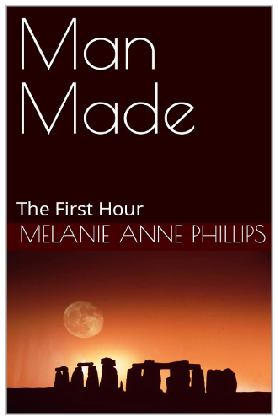|
Write Your Novel |
|
For Story Structure |
|
For Story Development |
|
|

|
|
~ Step 131 ~
Projecting Main Character Dilemma – Act Three
As previously described, a character does not have to change in order to grow. Sometimes, a character can grow in his or her resolve, such as Doctor Richard Kimble in the movie, "The Fugitive," who continues to help others even at his own peril, rather than changing to become self-
Whether or not your Main Character ultimately changes or remains steadfast in his nature, word view, or attitude toward a particular topic, he or she will be faced with a moment of truth where he or she must choose to stick with the old or adopt the new. The "old" is the Message Issue. The "new" is the Counterpoint.
In acts one and two, your Main Character grappled with a personal dilemma caused by the theme's emotional argument. In act three, this dilemma must work like a vice-
Keep in mind that just because the Message Issue is the focus, it is not necessarily the “proper” moral choice to choose it over the Counterpoint. Unlike Dr. Kimble, Scrooge must, in fact, adopt the Counterpoint (generosity) over the Message Issue if he is to make the proper moral choice.
When building the pressure of the Main Character’s Dilemma, it is often useful to employ plot events that box the Main Character into situations where he or she has fewer and fewer options by which they can avoid making a choice. Ultimately, time runs out or options run out and he or she has no alternative but to choose a moral side or lose absolutely.
When selecting examples for act three, or when creating additional ones, consider the progression of your plot and leverage the events to put your Main Character in a moral vice-
NOTE: Some stories do not force the Main Character to make an active moral choice. Rather, the Main Character emerges from his or her experiences in the story having been changed or not changed in a passive way.
For example, in the movie, "Jaws," Chief Brody does not have the courage to face his fear of the water. He won't even go swimming, and when there is trouble along the shore, he stops at the waterline. Thematically, he avoids his fears, rather than confronting them.
Through the events of the story where he grapples with his fear, he is forced by circumstances to tread ever deeper into threatening situations. Finally, he must kill the shark while hanging onto the rigging on a sinking boat.
At the end of the story, as he paddles back to shore he says, "You know, I used to be afraid of the water."
In this story, he has been changed by the experiences of the story yet never made a conscious choice to do so.
From the material you have already developed, select the illustrations of your Main Character’s Dilemma to include in act three that will bring the issue to a head and force the Main Character to make a choice at a "moment of truth” or will indicate that the character has or has not been changed without having made a direct choice.